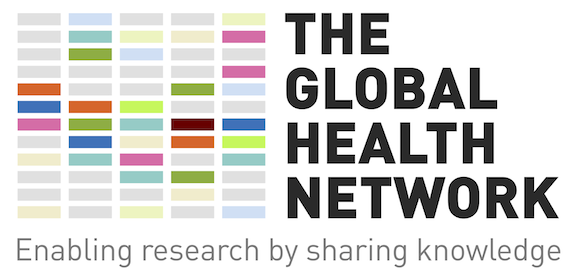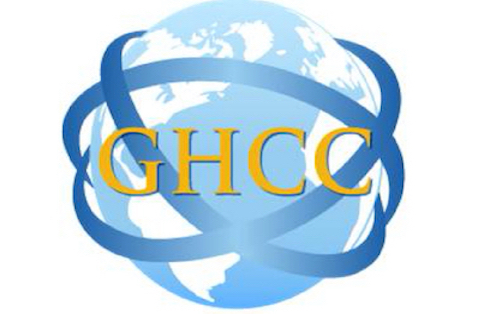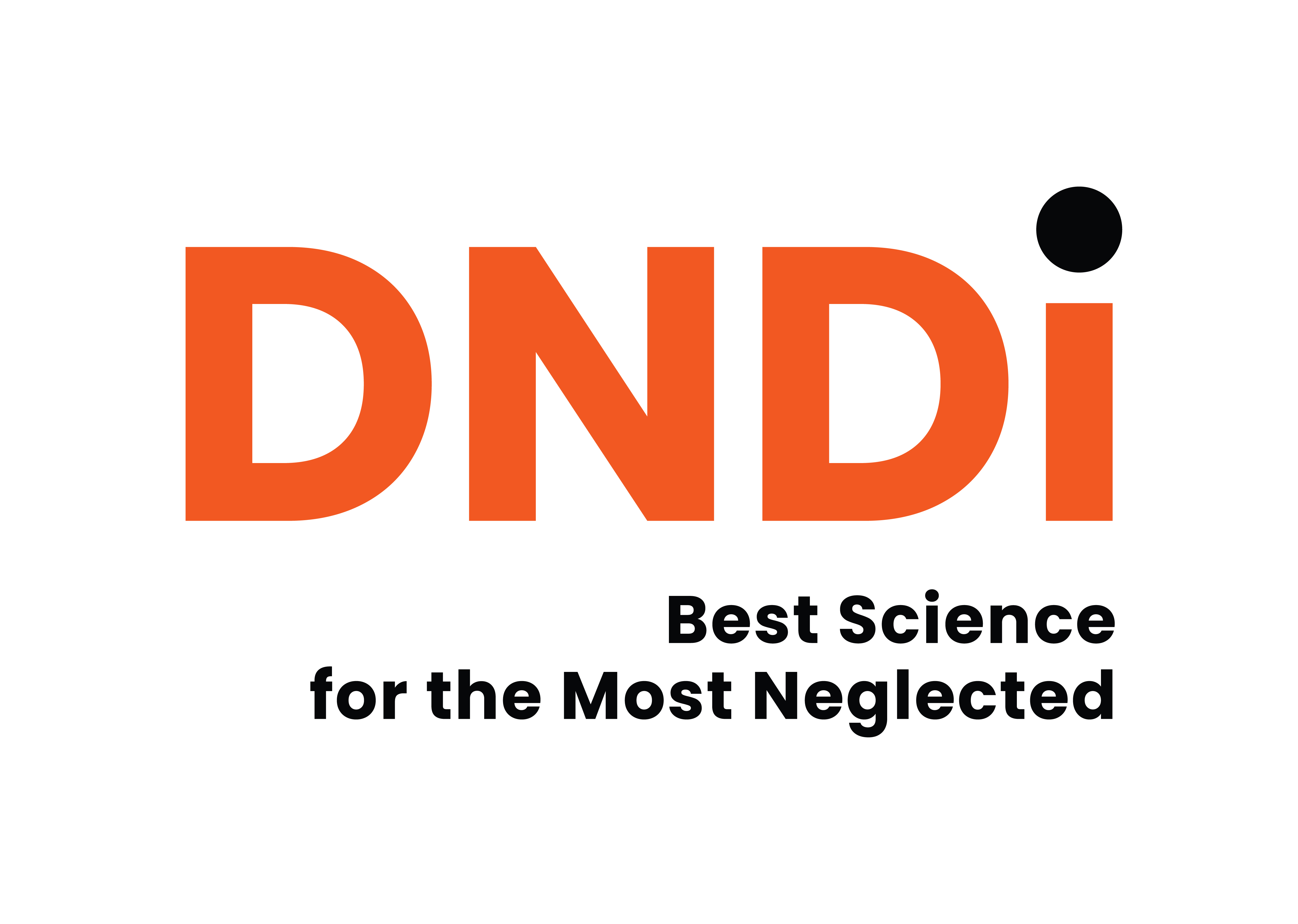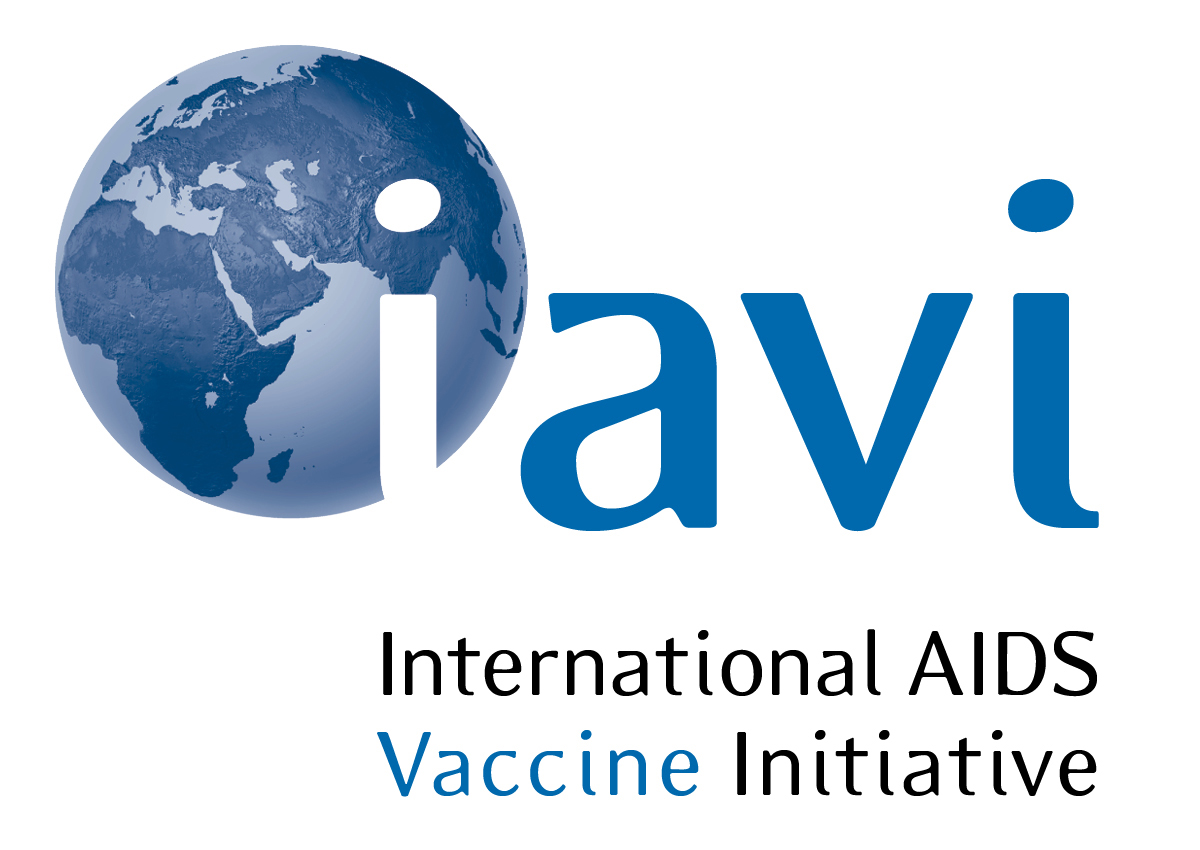|
Prerequisite: Duration: Certification: Languages: Related Resources: STUDY IMPLEMENTATION AND OPERATIONS |
Good Clinical Laboratory Practice (GCLP) guidelines describe the application of those Good Laboratory Practice principles that are relevant to the analyses of samples from clinical trials while ensuring the purpose and objectives of the Good Clinical Practice principles are maintained. In so doing, the reliability, quality, consistency and integrity of data generated by clinical trial laboratories can be assured which is crucial to the outcome of any clinical trial. Introduction to Good Clinical Laboratory Practice is a stand-alone short course for all those wanting to gain an understanding of GCLP and its application in laboratories. This peer reviewed course provides an introduction to GCLP, summarises the principles of GCLP and offers an overview of the implementation of GCLP within a clinical trial.
Background
The Global Health Clinical Consortium (GHCC) is comprised of clinical operations leaders from 14 Product Development Partners (PDPs). These organisations are conducting ~125 ongoing and planned trials to develop vaccines, microbicides/preventatives, therapeutic products and diagnostics covering more than 20 disease areas at more than 260 clinical research sites in resource-limited settings. The GHCC functions as a platform to share learnings and pool resources to leverage expertise across PDPs. This course was developed in collaboration with The Global Health Network, using existing training already in use at PDP organisations. A mini-Working Group comprised of technical experts and non-technical reviewers from several of the PDPs developed this eLearning course. This course has also been reviewed by three technical peer reviewers.
Objectives
Upon completion of the course you will have gained an understanding of:
- Describe the differences between Good Clinical Practice, Good Laboratory Practice and Good Clinical Laboratory Practice guidelines
- Identify how GCLP compliance benefits laboratories
- Know the principles of GCLP and understand the requirements of each principle
- Identify how GCLP is implemented across the whole clinical trial process
- Understand how GCLP guidelines could be interpreted and implemented in your laboratory
Congratulations! You are about to start a free course, a donation would help keep this access free for you, and everyone across the world.

Acknowledgements
The Global Health Training Centre is built through the support and partnership of the World-Wide Antimalarial Resistance Network (www.wwarn.org) and The East African Consortium for Clinical Research (www.eaccr.org).
Authors:
- Carmelita Africa - Clinical Project Associate, International Partnership for Microbicides. Web
- Liam Boggs - Training Manager, The Global Health Network, Centre for Tropical Medicine & Global Health, University of Oxford. Web
- Paramesh Chetty - Senior Manager,Clinical Laboratory Programme - Africa, International AIDS Vaccine Initiative (IAVI). Web
- Rhea Coler, MSc, PhD, VP - Preclinical Biology, Infectious Disease Research Institute (IDRI). Web
- Andries Engelrecht - Quality Management & Compliance Specialist, International Partnership for Microbicides. Web
- Sebastian Gelderbloem - Managing Director, Aeras Africa. Web
- Lakshmi Jayashankar - Senior Scientific Officer, Henry M. Jackson Foundation for the Advancement of Military Medicine, Rockville, MD. Web
- Wendy Keller - Quality Assurance Manager, DNDi - Drugs for Neglected Diseases initiative. Web
- Maureen Power - PATH Vaccine Solutions. Web
Reviewers:
- Hannelie Carstens, PhD - Director Quality Management and Compliance, International Partnership for Microbicides
- Maureen Lambrick - Sr. Manager Lab Development Services, Tuberculosis, Aeras Africa
- Motiur Rahman, MBBS, PhD - Head of Laboratories, Centre for Tropical Medicine, Oxford University Clinical Research Unit, HO CHi Minh City, Vietnam
Use and reproduction of these e-learning materials:
These e-learning materials are owned by The Global Health Network. You are free to share or adapt this material but you must attribute it to The Global Health Network using the link www.theglobalhealthnetwork.org.
For further information please see our FAQ page
|
Collaboration - This course was produced by The Global Health Network in collaboration with the following organisations and institutions: |







